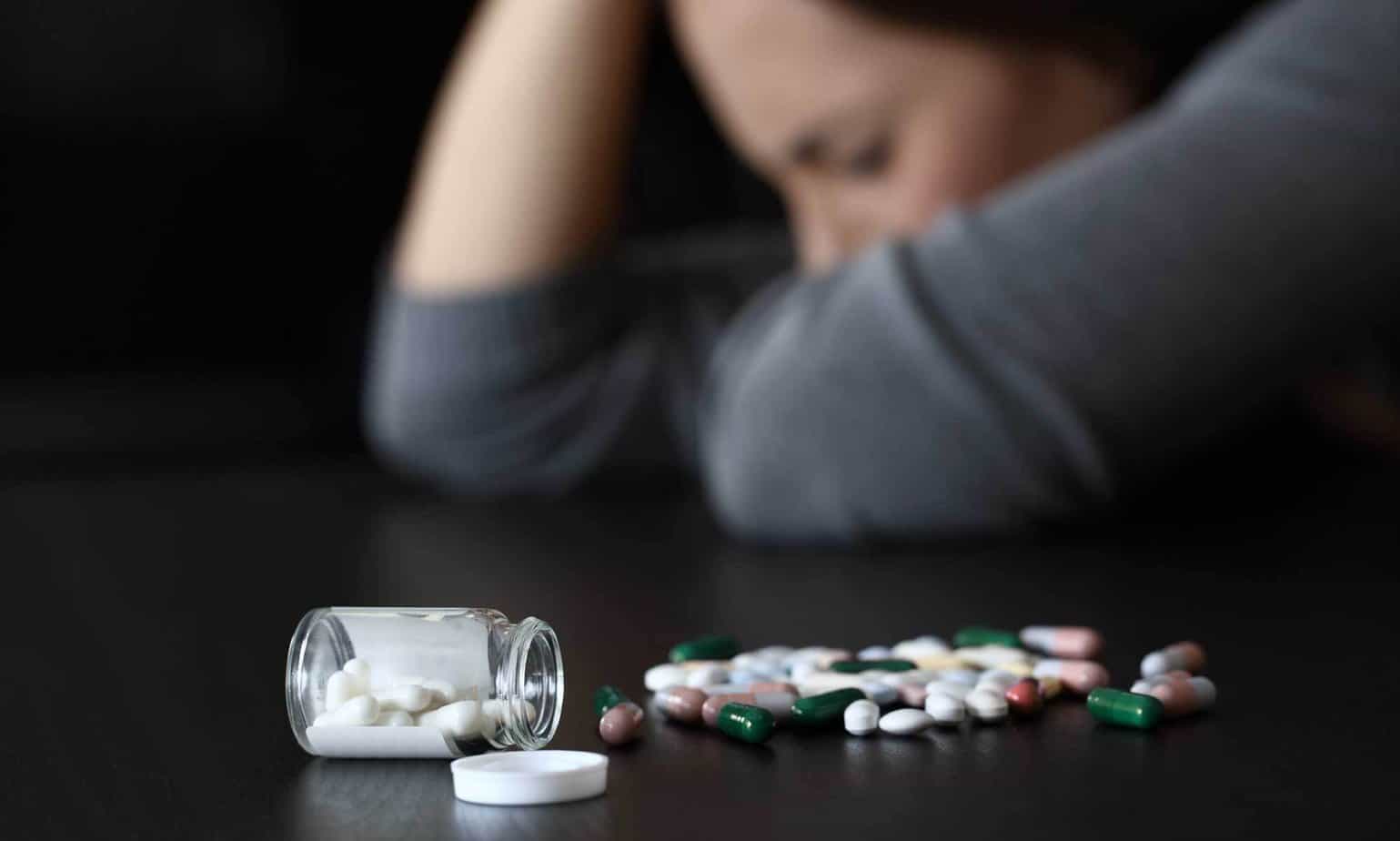I have a question to pose for men in recovery: do you ever feel limited by the idea of masculinity? I grew up as the athlete type ⎼ the kind that did not believe in showing pain or weakness, especially if it was coming from within. If you got hurt, you rubbed some dirt on it and got back out there. Well, how do we do that if the pain is internal? I know what I did for that pain, and it only caused more heartache and misery. That “masculine” mentality is a detriment to our recovery and we need to talk about it.
I think a major factor that plays into this ideology is wanting to do it alone or not wanting the help. There are multiple metaphors and references I can use to depict that message but there is one that has always stuck out to me. If your car breaks down on the side of the road and you just sit in your car, nobody will stop to help you. However, if someone sees you pushing your car or trying to get it to work, it is more likely someone will stop and ask if you need help. The moral of the story is people who help themselves are more likely to get help from others. I know it is difficult to reach out or ask for help, but you’ll come to find there is always someone willing to help if you ask.
When I was in the early stages of my recovery, I went all in. This isn’t shocking considering my all-or-nothing mentality with other aspects of my life. I remember thinking, how the hell do I become vulnerable? Should I become vulnerable? Because I hadn’t let anyone help me for so long, I had to adjust my mentality of what it meant to be a “man.” I used to have the stereotypical idea of who I was supposed to be ⎼ the tough, no emotions type. However, when I entered treatment, I realized how silly that was. All my heroes, who are mostly athletes, worked well under pressure. They were not afraid to allow themselves to be great. I didn’t realize at the time that those great all-time moments are prime examples of making yourself vulnerable. Mike Richter was not afraid to be aggressive on a penalty shot facing Pavel Bure ⎼ one of the most dominant scorers in NHL history. Patrick Ewing was not afraid to take the last layup against the Pacers. Although he missed, he knew the risk and reward of that moment and did not let vulnerability act as a barrier.
The message I am trying to illustrate here is that the old school mentality of being tough-minded and insisting “I can do it on my own” is outdated. In order to accomplish those great things, like the achievements in recovery, you need to make yourself vulnerable. Overcoming that barrier and making yourself vulnerable makes the work so much easier to complete. It becomes a pleasure and something you look forward to every day. You enjoy the work because it makes you better and more well-rounded.
See, what I did was change my perception of the “athlete” mentality. Being mentally tough does not mean bottling up emotions or being completely void of emotions. Recovery has taught me that being emotionally strong actually means allowing yourself to experience those feelings. Yes, it can be scary to feel them at first, but I made myself vulnerable, and now each day I wake up and bask in opportunity. Even though I cry when I need to (more than I would like to admit), people who know me the best will tell you how strong I am. I’ll leave you here with a quote that has always stuck out to me: “vulnerability is not weakness; it is our greatest measure of courage.”
If you or a loved one is struggling with addiction, Mountainside can help.
Click here or call (888) 833-4676 to speak with one of our addiction treatment experts.

 By
By 







